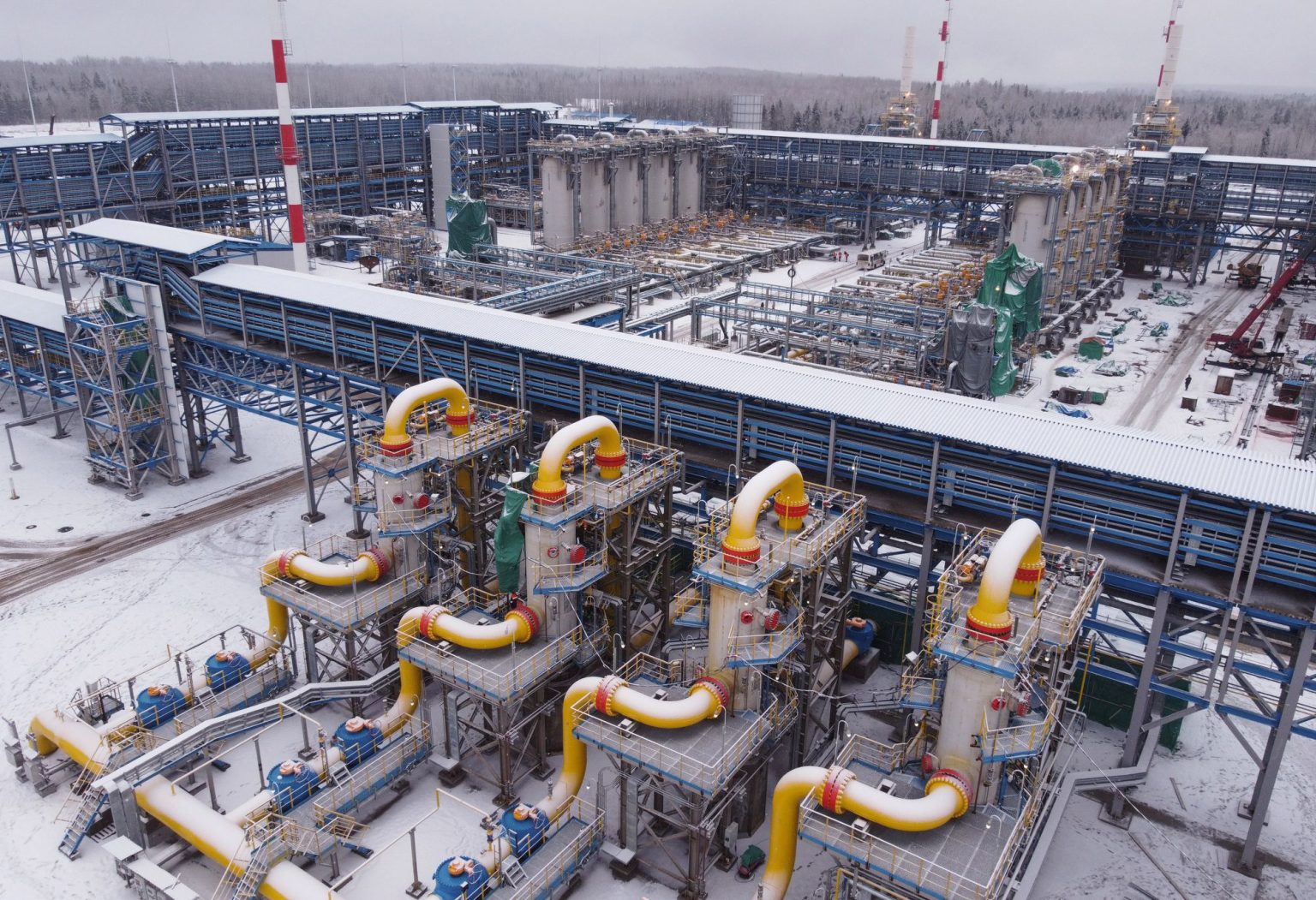Russia is facing economic challenges as it plans to increase taxes on its national energy giant Gazprom, despite the company suffering record losses. Gazprom’s revenue fell by 30% last year, with a net loss of $6.9 billion, the largest in 25 years. The full-scale invasion of Ukraine led to worsening relations with Europe, limiting Gazprom’s operations as it relied heavily on European markets. The company failed to find alternatives after the EU moved away from Russian gas, resulting in a decrease in revenue. Moscow has heavily taxed Gazprom’s revenues over the last two years, with the company paying $28 billion to the government in 2023, accounting for nine percent of the government’s revenue. The decision to further increase taxation has forced Gazprom to cut investment by 15%, with profits expected to be restricted until 2030. In seeking new markets, Russia has been forced to export natural gas at reduced prices, with exports to China priced lower compared to Western markets.
In September 2023, Gazprom announced a 25% drop in gas production, attributing it to “politically motivated decisions” by some countries to refuse the import of Russian gas. In May 2023, the EU and G7 agreed to ban Russian gas imports on certain routes to prevent the restart of Russian pipeline gas exports to countries like Poland and Germany. While EU countries are still importing Russian liquefied natural gas (LNG), the European Parliament passed rules in April allowing member states to ban these imports, aiming to create a legal route for blocking gas deliveries and preventing Russian and Belarusian companies from booking gas infrastructure capacity. This has put further strain on Gazprom’s operations, as it struggles to adapt to changing market dynamics and geopolitical challenges.
For the first time since the start of the full-scale invasion, Ukraine launched an attack on facilities in Bashkortostan, located 1,500 kilometers from its border. This move indicates a shift in Ukraine’s military strategy and shows its determination to retaliate against Russian aggression. The attack on Russian facilities at such a distance from the border underscores Ukraine’s capability to strike back and disrupt Russian operations. This development highlights the intensification of the conflict between Ukraine and Russia, as Ukraine continues to resist Russian advancements and target key infrastructure inside Russia.
The ongoing conflict between Ukraine and Russia has not only fueled military tensions but also economic challenges, as both countries face the repercussions of their actions. Russia’s decision to increase taxes on Gazprom reflects the strain on its economy due to the conflict and the loss of revenue from European markets. Gazprom’s record losses and reduced profits indicate the company’s struggle to adapt to changing market dynamics and restrictions imposed by the EU and G7. Ukraine’s attack on Russian facilities far from its border signals its determination to push back against Russian aggression and disrupt Russian operations, highlighting the escalation of the conflict and the evolving military strategies employed by both sides.
The impact of the conflict extends beyond the borders of Ukraine and Russia, affecting global energy markets and geopolitical dynamics. The EU’s decision to ban Russian gas imports on certain routes and the European Parliament’s rules allowing member states to block LNG imports from Russia demonstrate the broader implications of the conflict on international relations and energy security. As both Ukraine and Russia navigate the economic and military challenges posed by the conflict, the stability of the region and the global energy market remains uncertain. The escalating conflict and the repercussions on major energy players like Gazprom underscore the complex interplay between politics, economics, and security in the region. Supporting independent journalism in Ukraine is crucial to understanding and navigating the complexities of the conflict and its broader implications on the region and the world.


